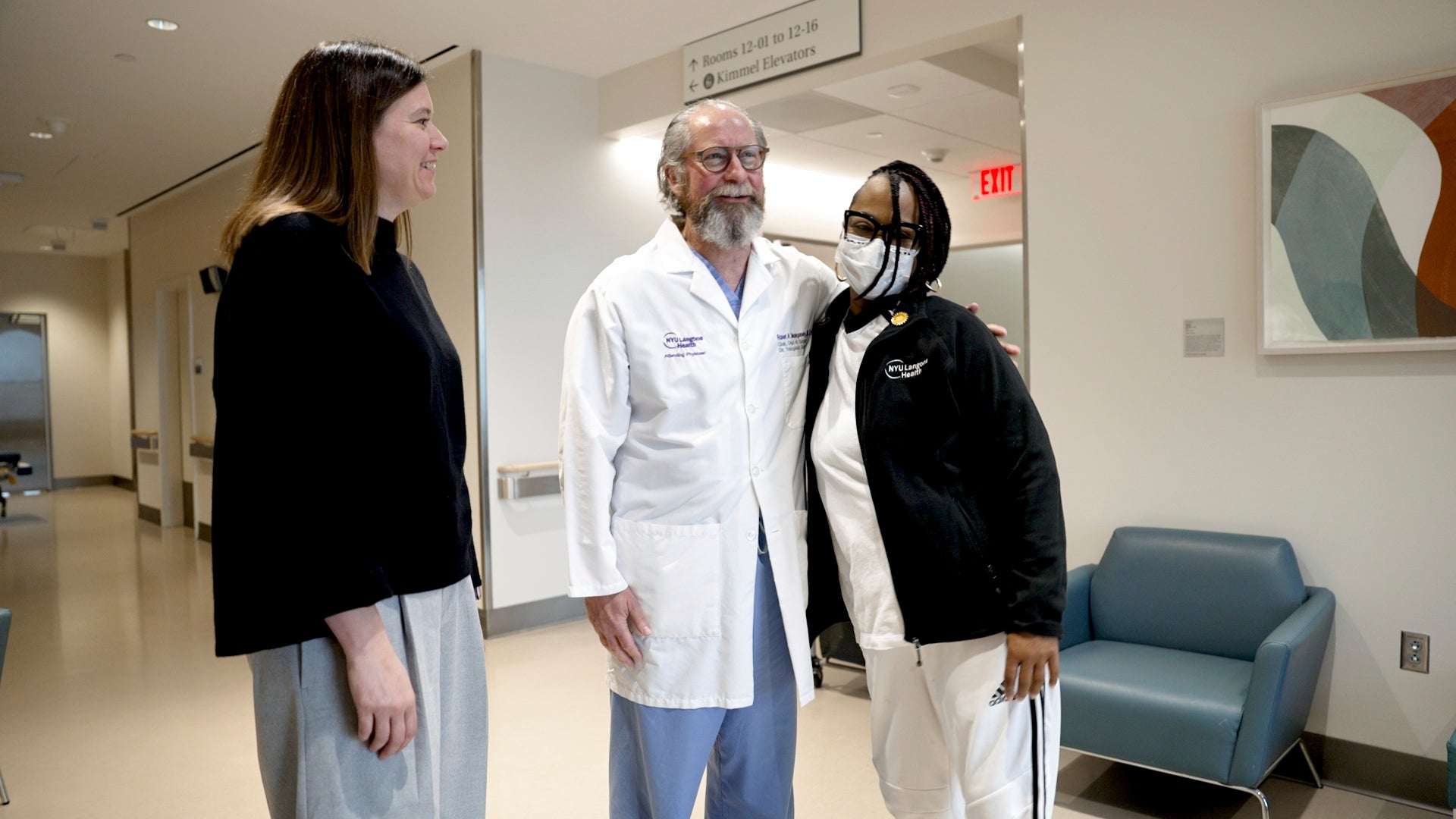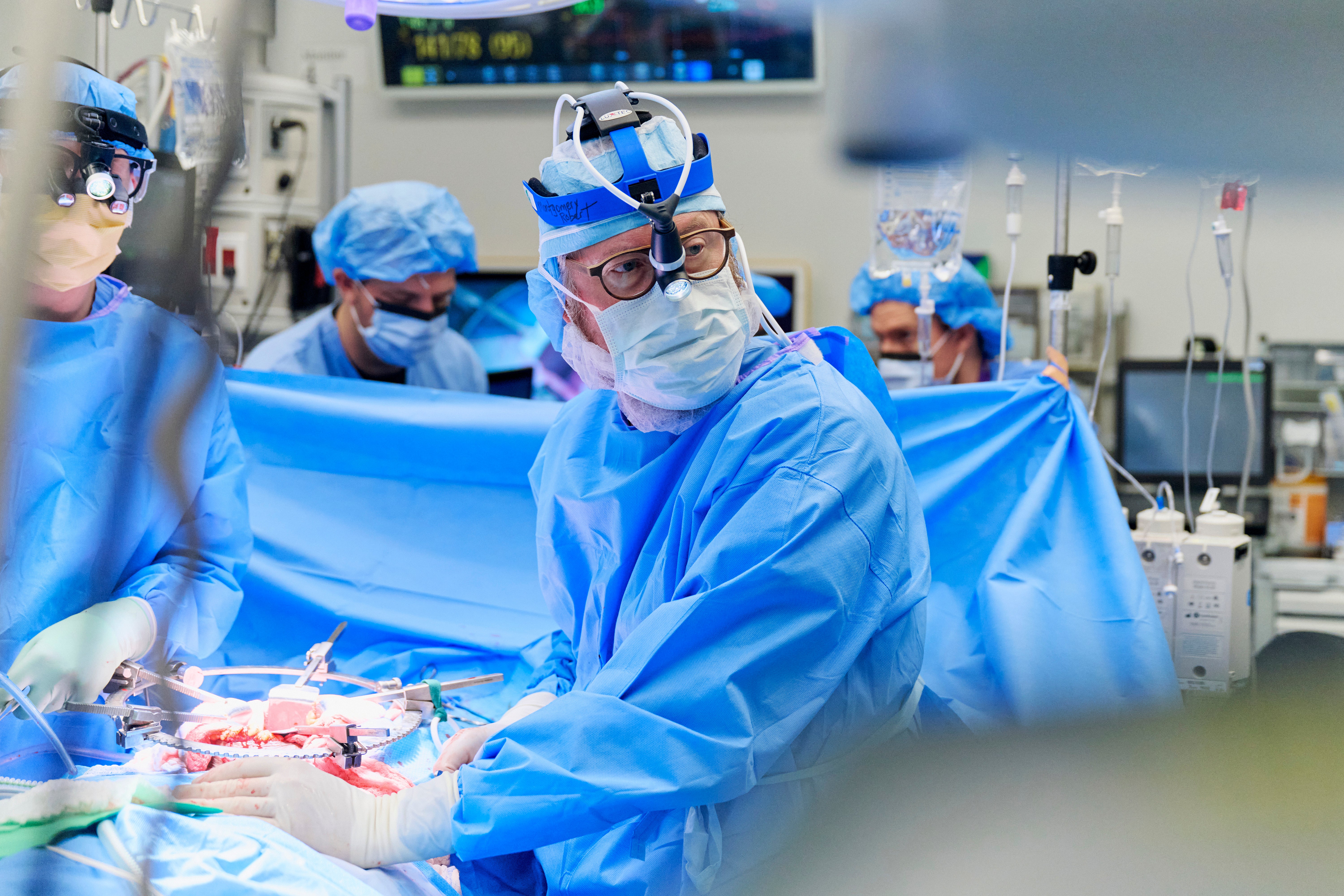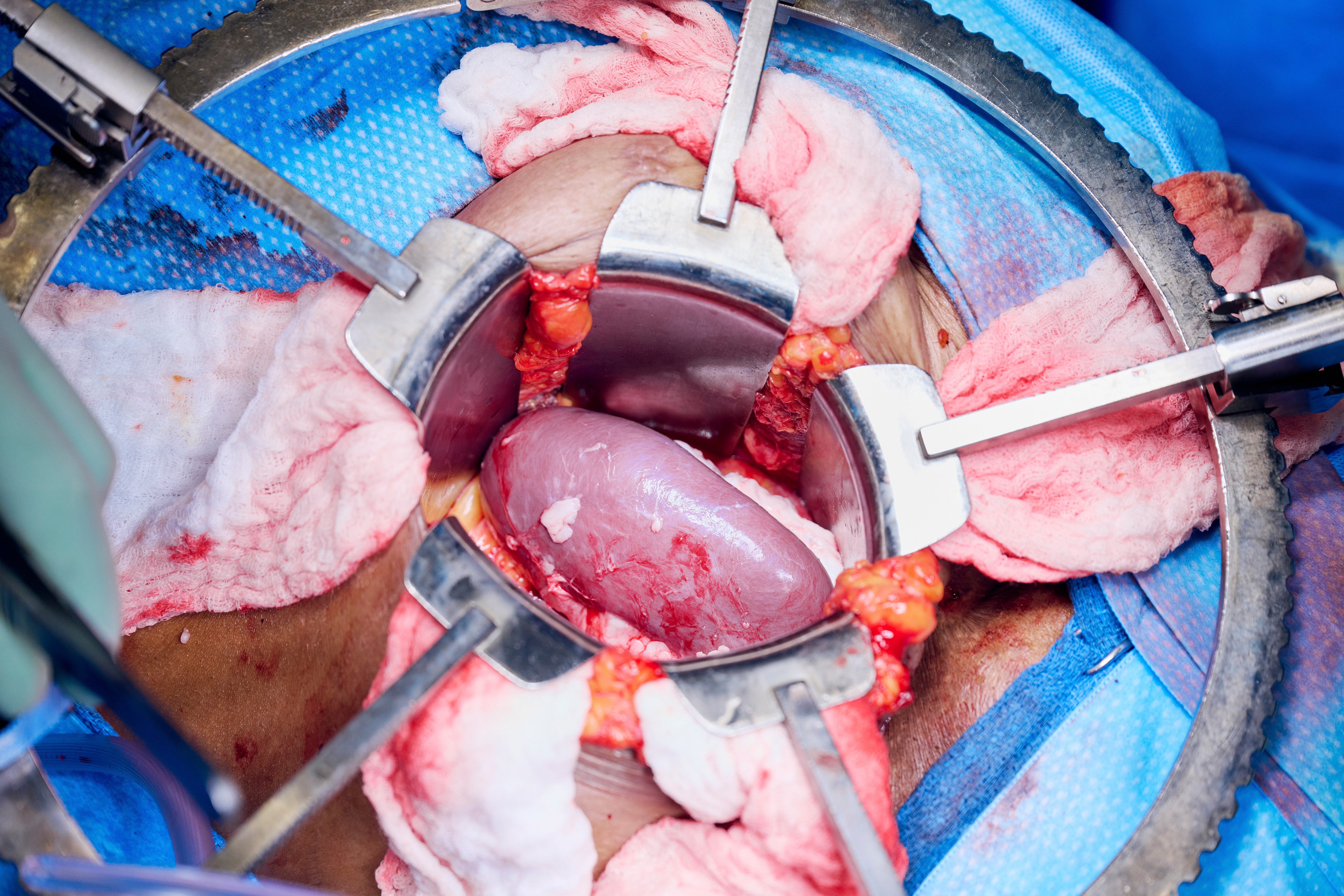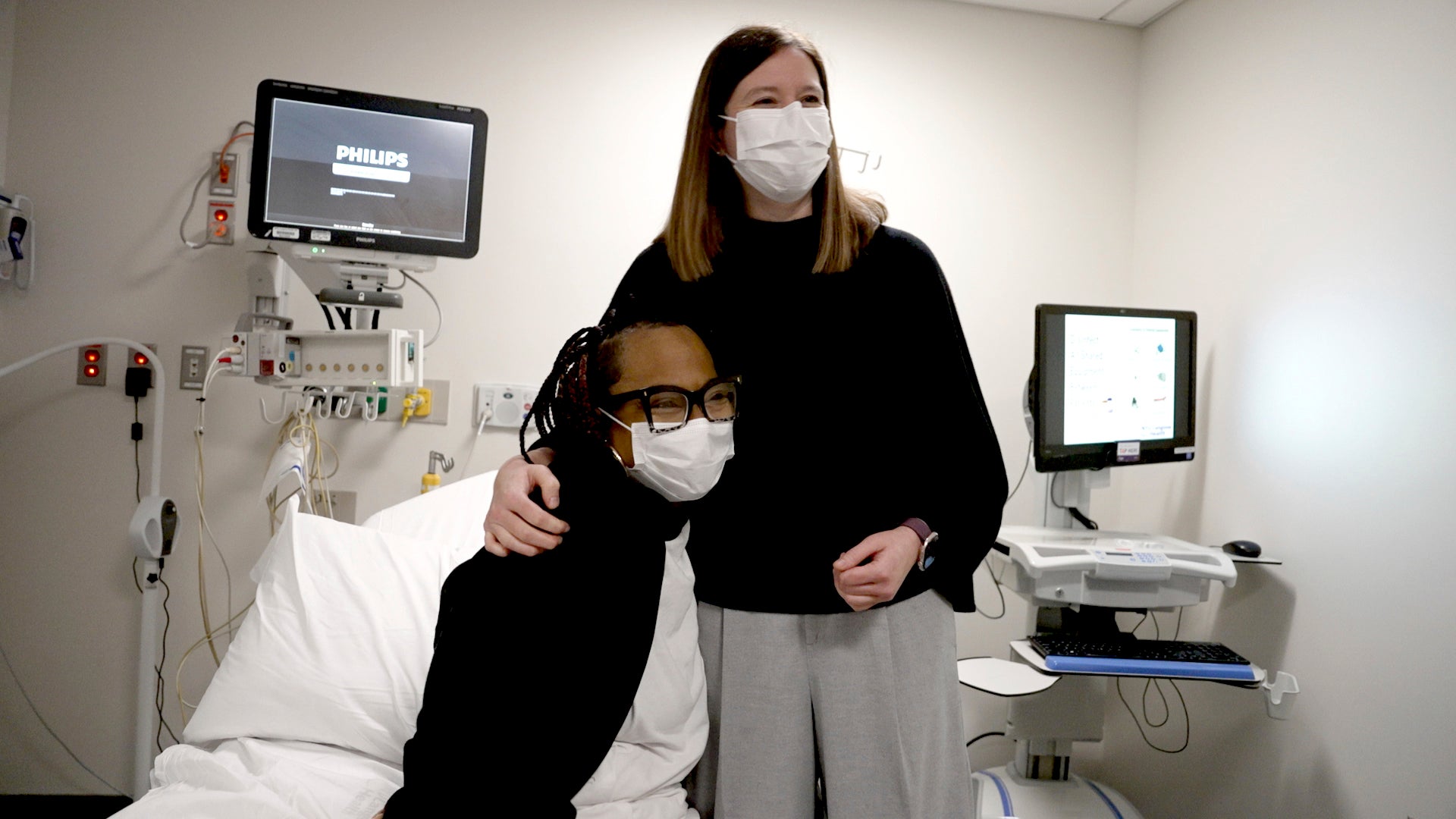Alabama woman is recovering well after receiving a pig kidney, doctors say
Towana Looney says her experimental procedure and transplant is ‘like a new beginning’
Your support helps us to tell the story
From reproductive rights to climate change to Big Tech, The Independent is on the ground when the story is developing. Whether it's investigating the financials of Elon Musk's pro-Trump PAC or producing our latest documentary, 'The A Word', which shines a light on the American women fighting for reproductive rights, we know how important it is to parse out the facts from the messaging.
At such a critical moment in US history, we need reporters on the ground. Your donation allows us to keep sending journalists to speak to both sides of the story.
The Independent is trusted by Americans across the entire political spectrum. And unlike many other quality news outlets, we choose not to lock Americans out of our reporting and analysis with paywalls. We believe quality journalism should be available to everyone, paid for by those who can afford it.
Your support makes all the difference.An Alabama woman is doing well after she received a pig kidney transplant last month, doctors have said.
Towana Looney is the fifth American to be given a gene-edited pig organ. The experimental procedure was done at New York’s NYU Langone Transplant Institute last month.
“It’s like a new beginning,” Looney, 53, told The Associated Press.
Right away, she said, “the energy I had was amazing. To have a working kidney — and to feel it — is unbelievable.”
Looney isn’t as sick as prior recipients who died within two months of receiving a kidney or heart from a pig.
The transplant freed her from eight years of dialysis. Doctors expect her to return home to Alabama in three months. If the kidney were to fail, she could begin dialysis again.

“To see hope restored to her and her family is extraordinary,” Dr. Jayme Locke, Looney’s original surgeon who secured Food and Drug Administration permission for the November 25 transplant, told the news agency.
She was discharged from the hospital 11 days after surgery to recover in a nearby apartment, although she was temporarily readmitted this week while her medications are adjusted.
The surgery marks an important step ahead of formal studies of xenotransplantation — any procedure that involves transplanting living cells, tissues, or organs from a non-human animal into a human recipient — that are expected to begin next year.

More than 100,000 people are on the US transplant list. The majority are waiting for kidneys. Thousands of people die waiting and many never qualify.
Looney, who donated a kidney to her mother 25 years ago, experienced a complication during pregnancy that had damaged her remaining kidney. It eventually failed.
But she couldn’t get a match because she had developed antibodies abnormally primed to attack another human kidney. Tests showed she’d reject every kidney that could be offered.

So, in April 2023, Locke filed an application for an emergency experiment. Eventually, the Food and Drug Administration allowed her transplant. There, Locke collaborated with Dr. Robert Montgomery, who led the procedure.
The kidney Looney received has 10 gene alterations. The Virginia-based therapeutics company Revivicor provided the organ.

Since her release earlier this month, Looney has been closely monitored. She returns to the hospital for daily checkups.
“A lot of what we’re seeing, we’re seeing for the first time,” Montgomery said.
With reporting from The Associated Press

Join our commenting forum
Join thought-provoking conversations, follow other Independent readers and see their replies
Comments